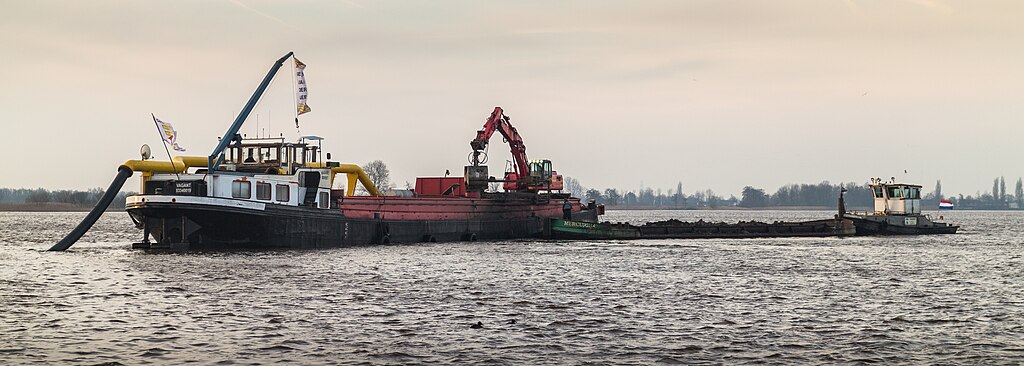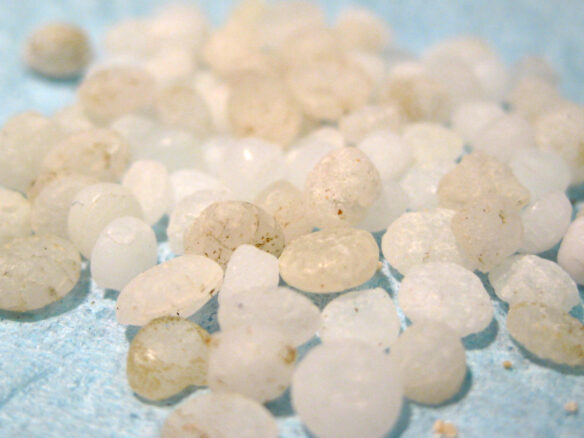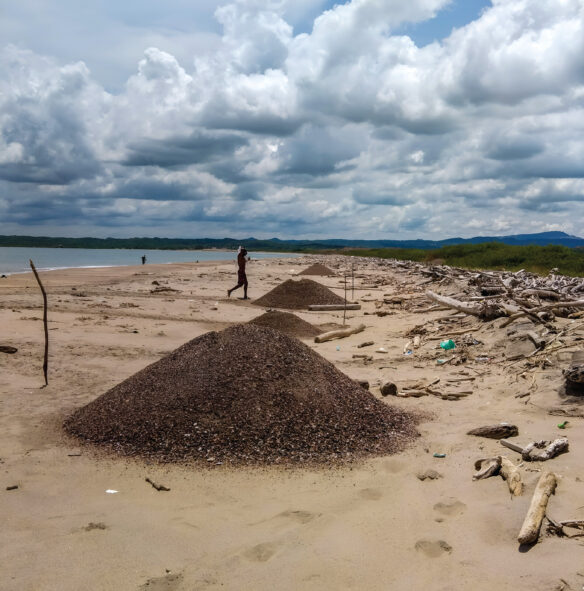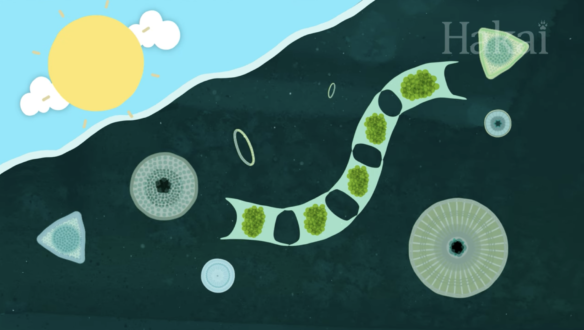Excerpt:
Marine sand extraction expected to rise to 10 to 16 billion tonnes per year, which is the natural replenishment rate.
Some six billion tonnes of sand is being extracted annually from the floor of the world’s oceans, causing irreparable damage to benthic life, according to a new global data platform on sand and other sediment extraction in the marine environment.
The new data platform, Marine Sand Watch, has been developed by GRID-Geneva, a Centre for Analytics within the UN Environment Programme (UNEP). It is available at: https://unepgrid.ch/en/
The platform will track and monitor dredging activities of sand, clay, silt, gravel, and rock in the world’s marine environment, including hotspots like the North Sea, Southeast Asia, and the East Coast of the United States, a statement by the UNEP said September 5, 2023.
It will provide information on areas used for sand extraction (sand concessions), areas of capital and maintenance dredging, sand trading ports/hubs, number of vessels and operators, and extraction of sediment and other types of activities by countries with Exclusive Economic Zones.
For this, it will use Automatic Identification System signals from vessels and Artificial Intelligence to identify the operations of dredging vessels.
The platform has estimated that between four and eight billion tonnes of sand are being dredeged from the ocean floor every year. Even more alarmingly, this number is expected to rise to 10 to 16 billion tonnes per year, which is the natural replenishment rate or the amount that rivers need to maintain coastal and marine ecosystem structure and function.
The extraction of sand increases the turbidity of water. It changes nutrient availability and causes noise pollution, thus affecting marine organisms greatly.
Not just benthic organisms, people living in coastal communities will also be severely affected by this magnitude of sand dredging, according to the UNEP statement:
Shallow sea mining for sand and gravel is central to various construction activities. It poses a threat to coastal communities in the face of rising sea levels and storms, as marine sand will be needed to build coastal defences, and support offshore energy infrastructure such as wind or waves turbines…









